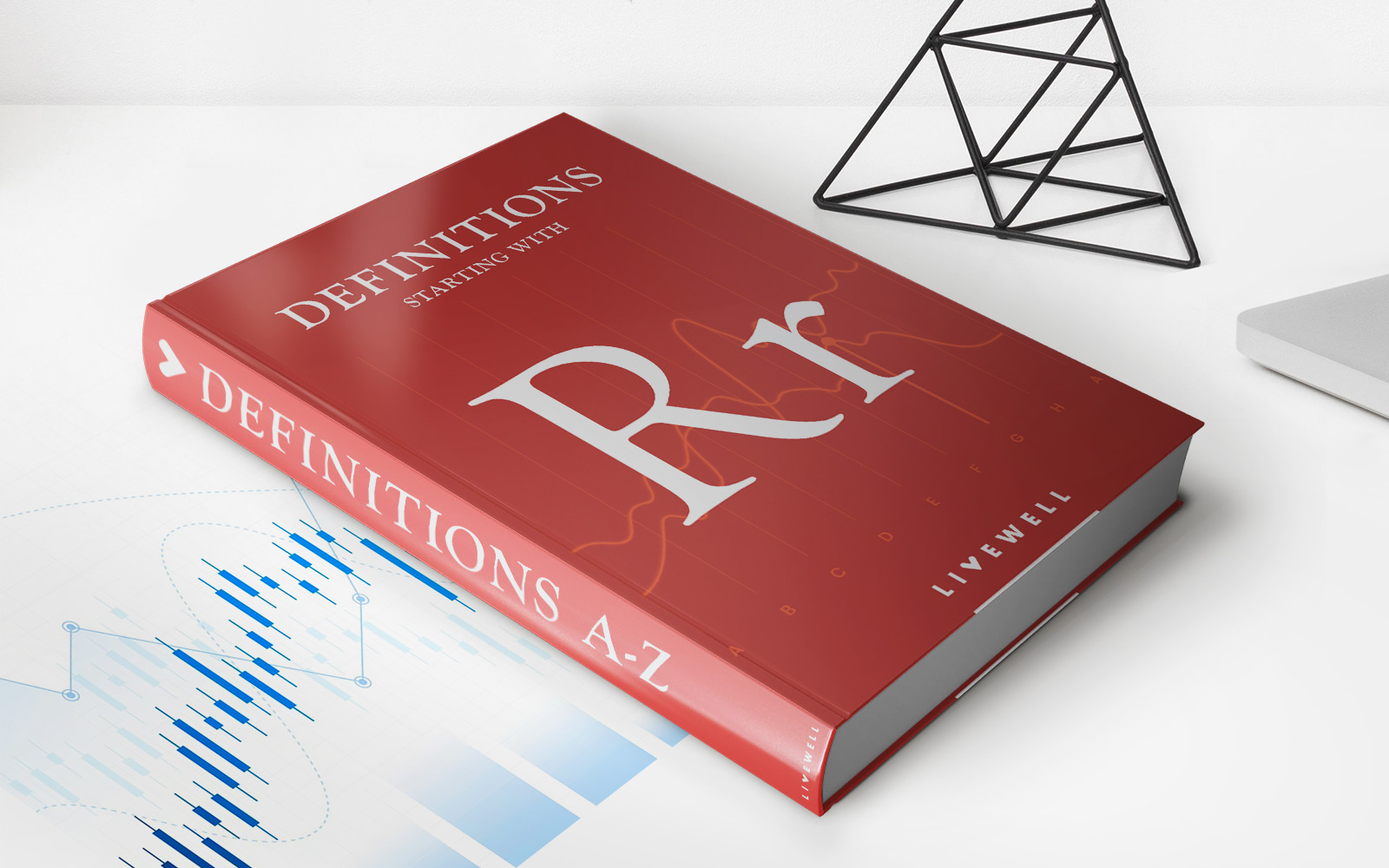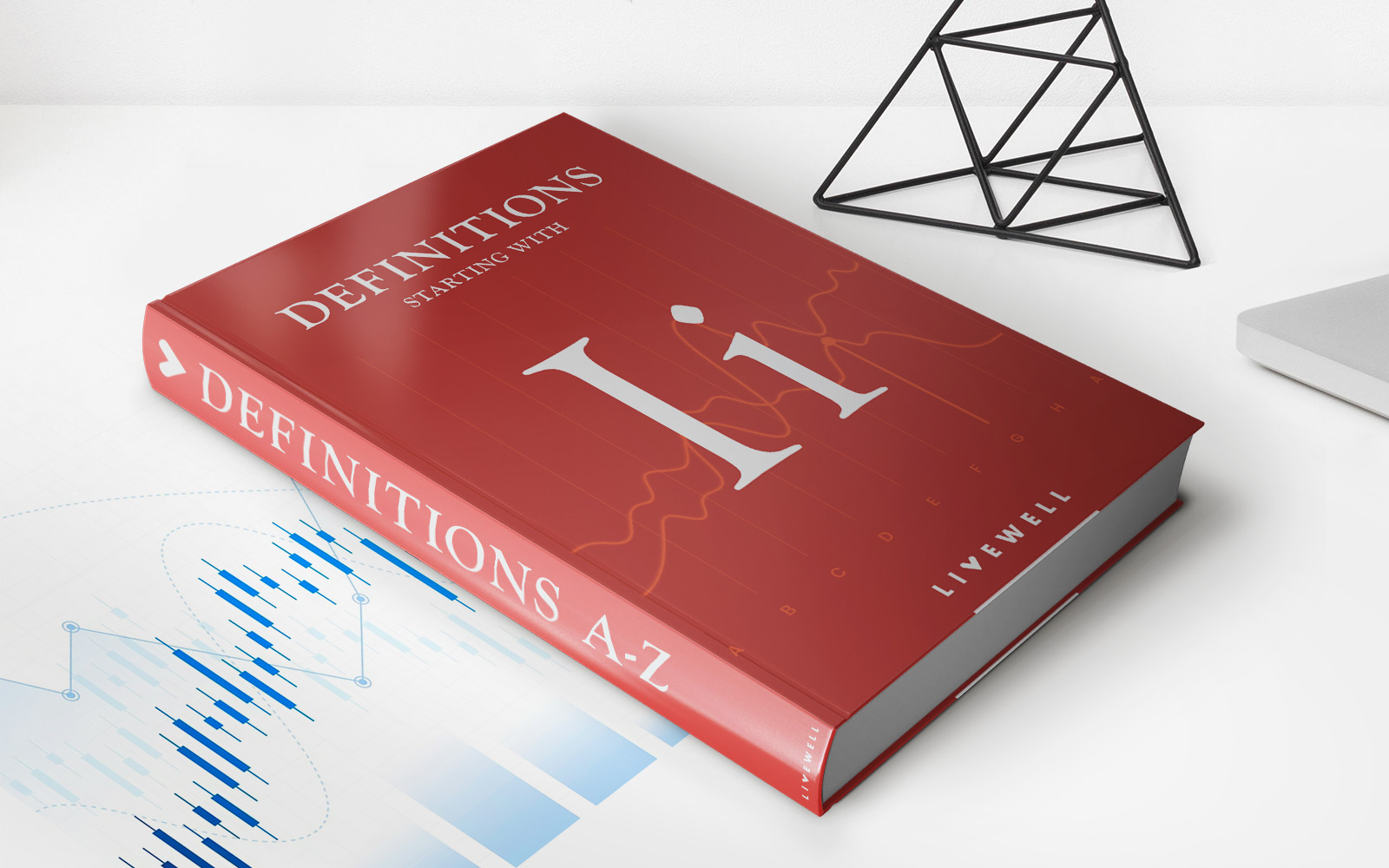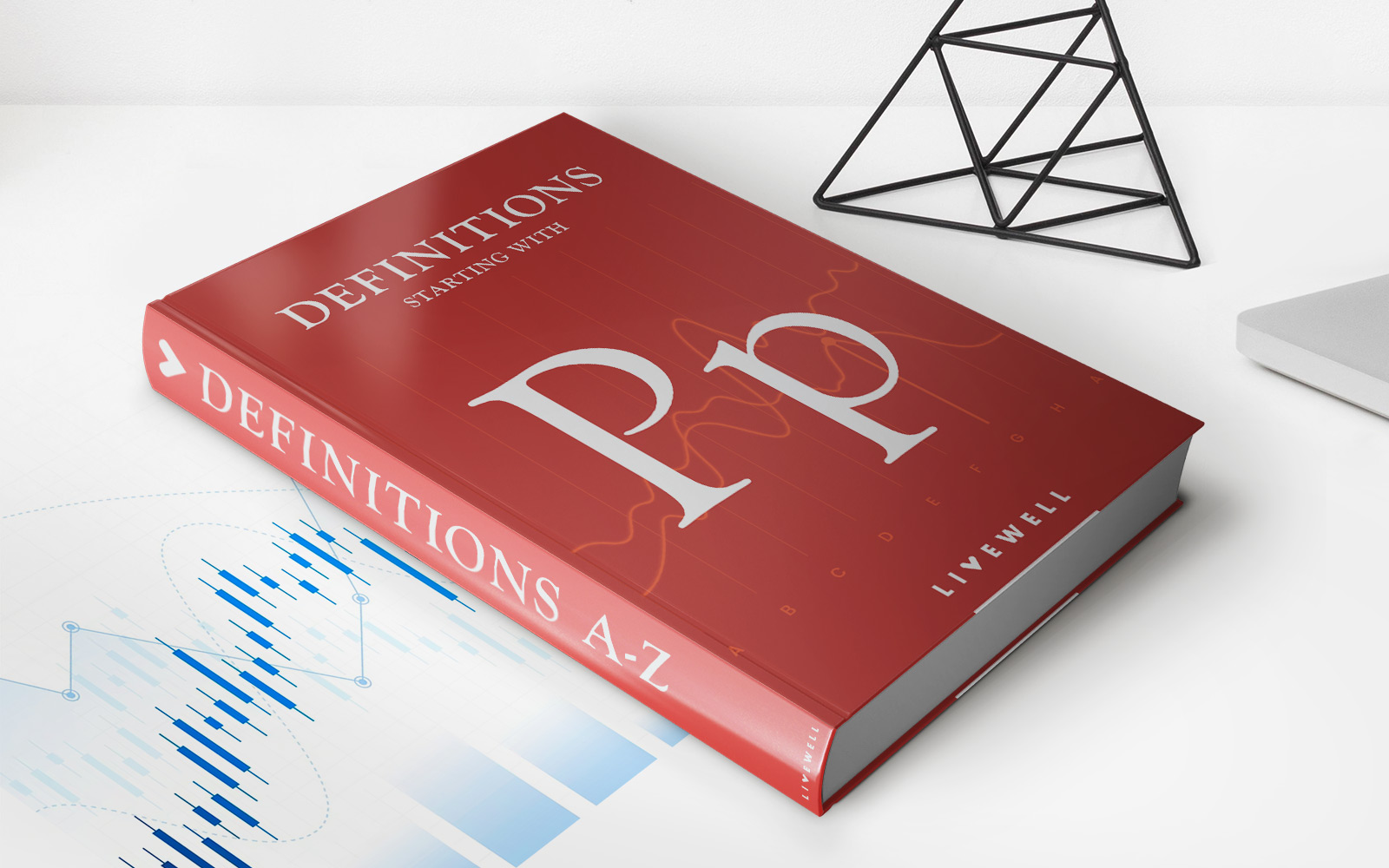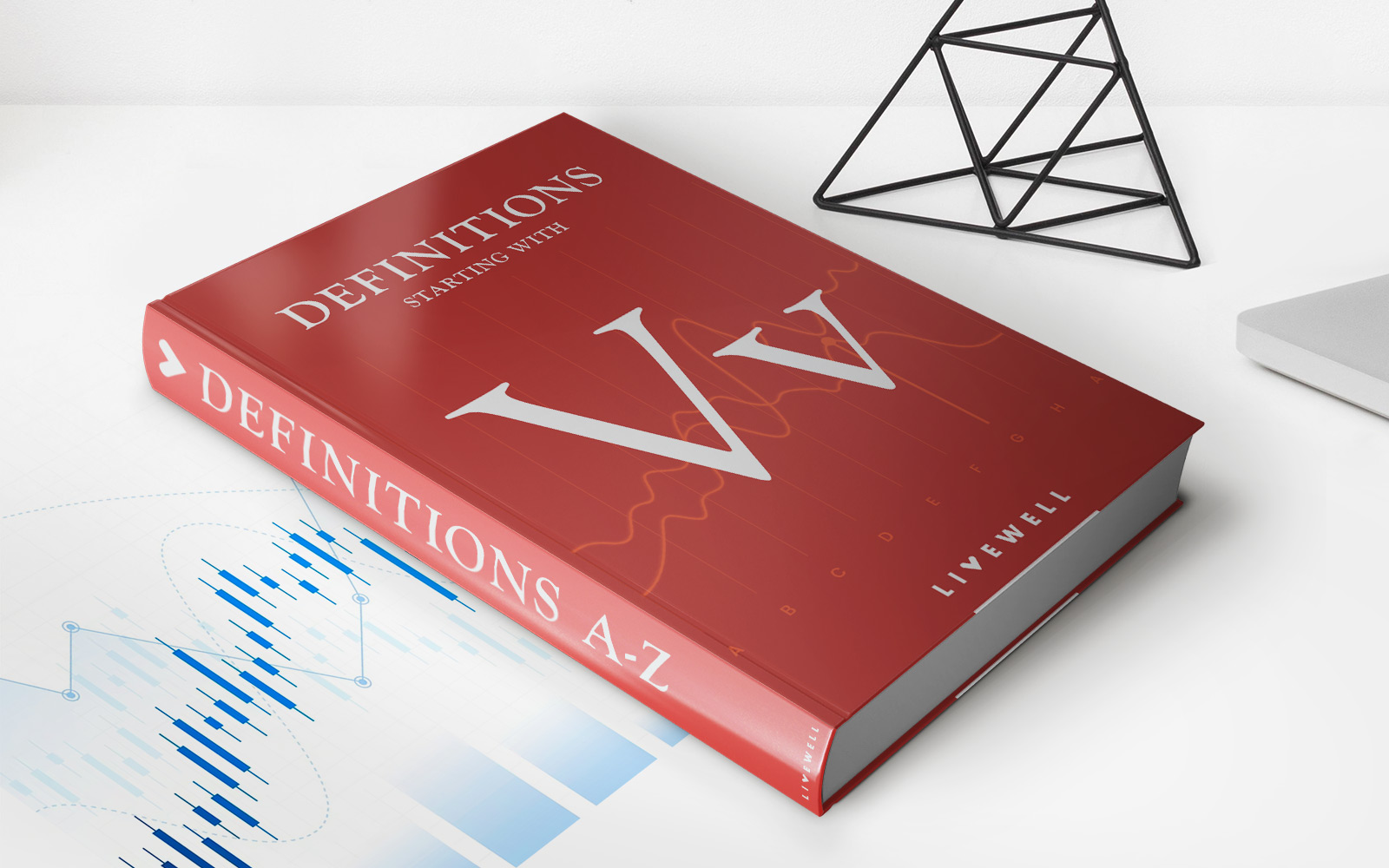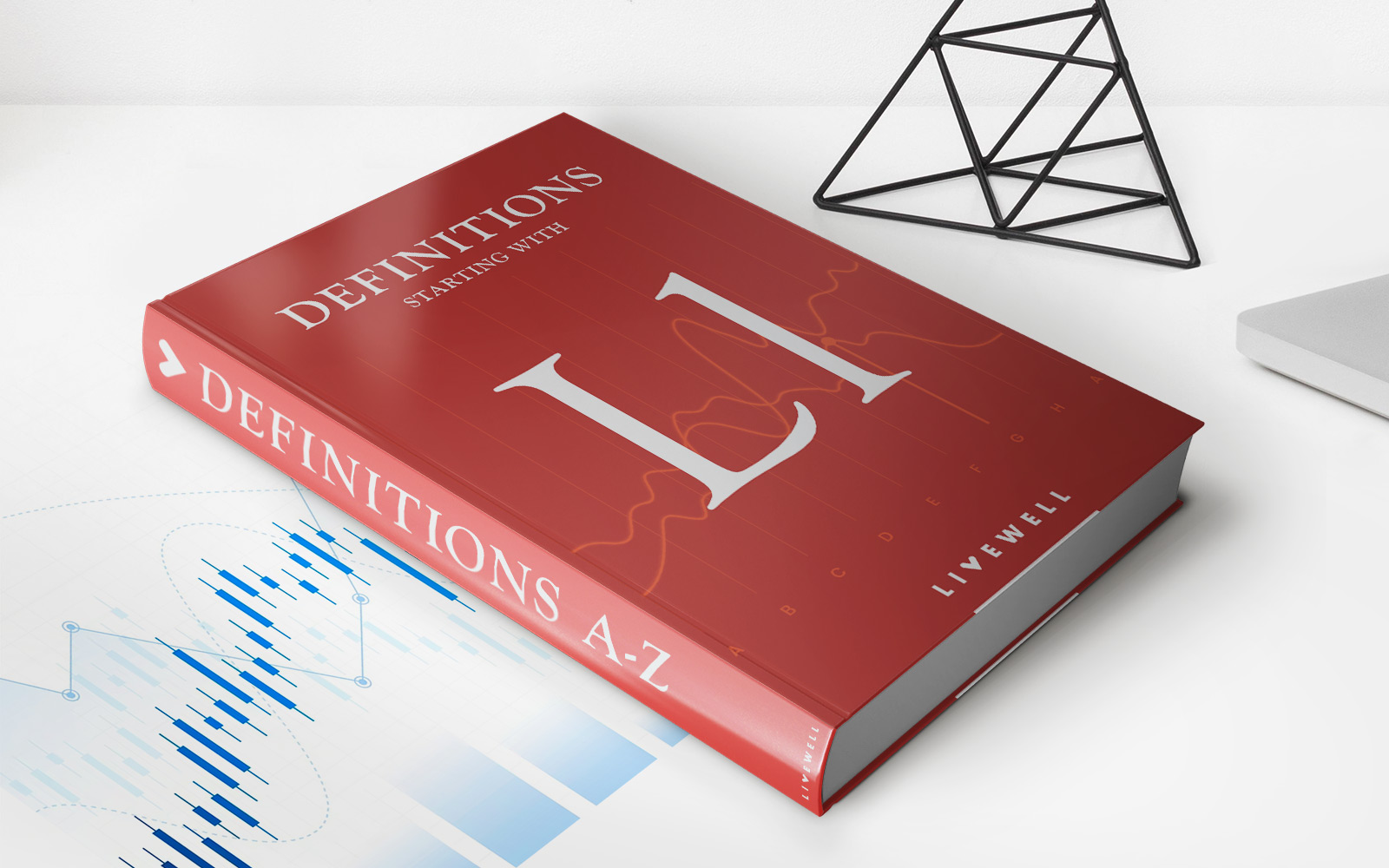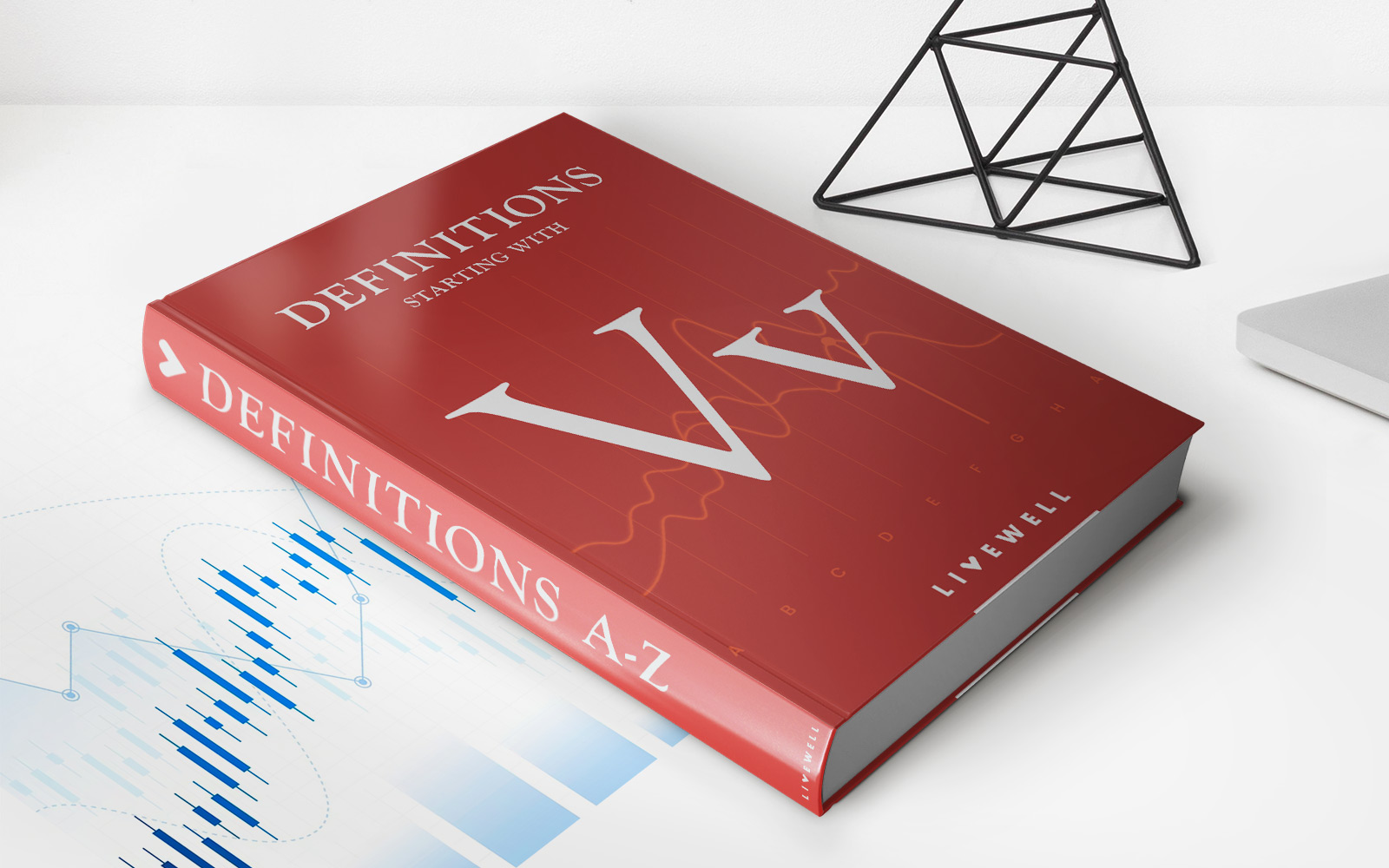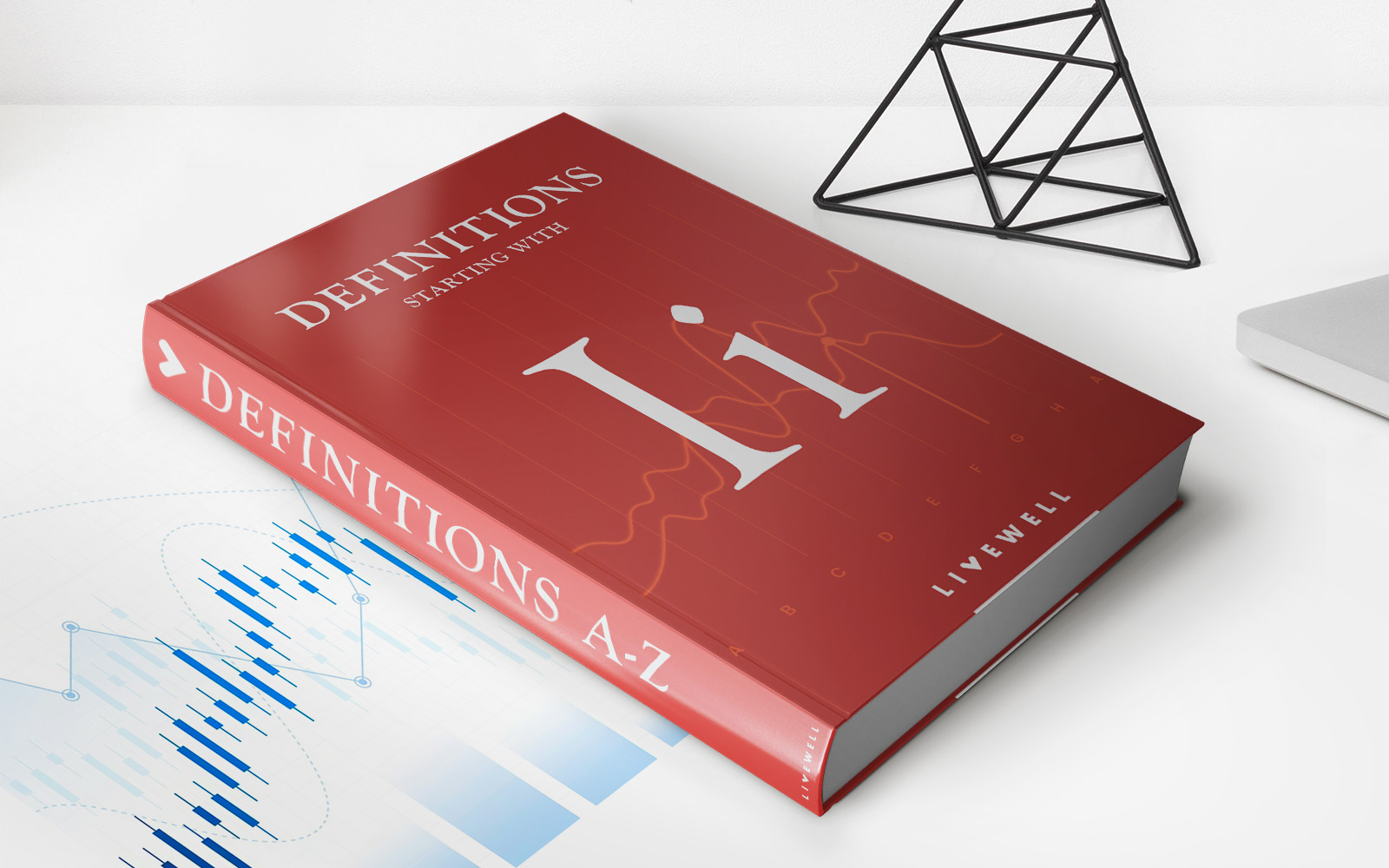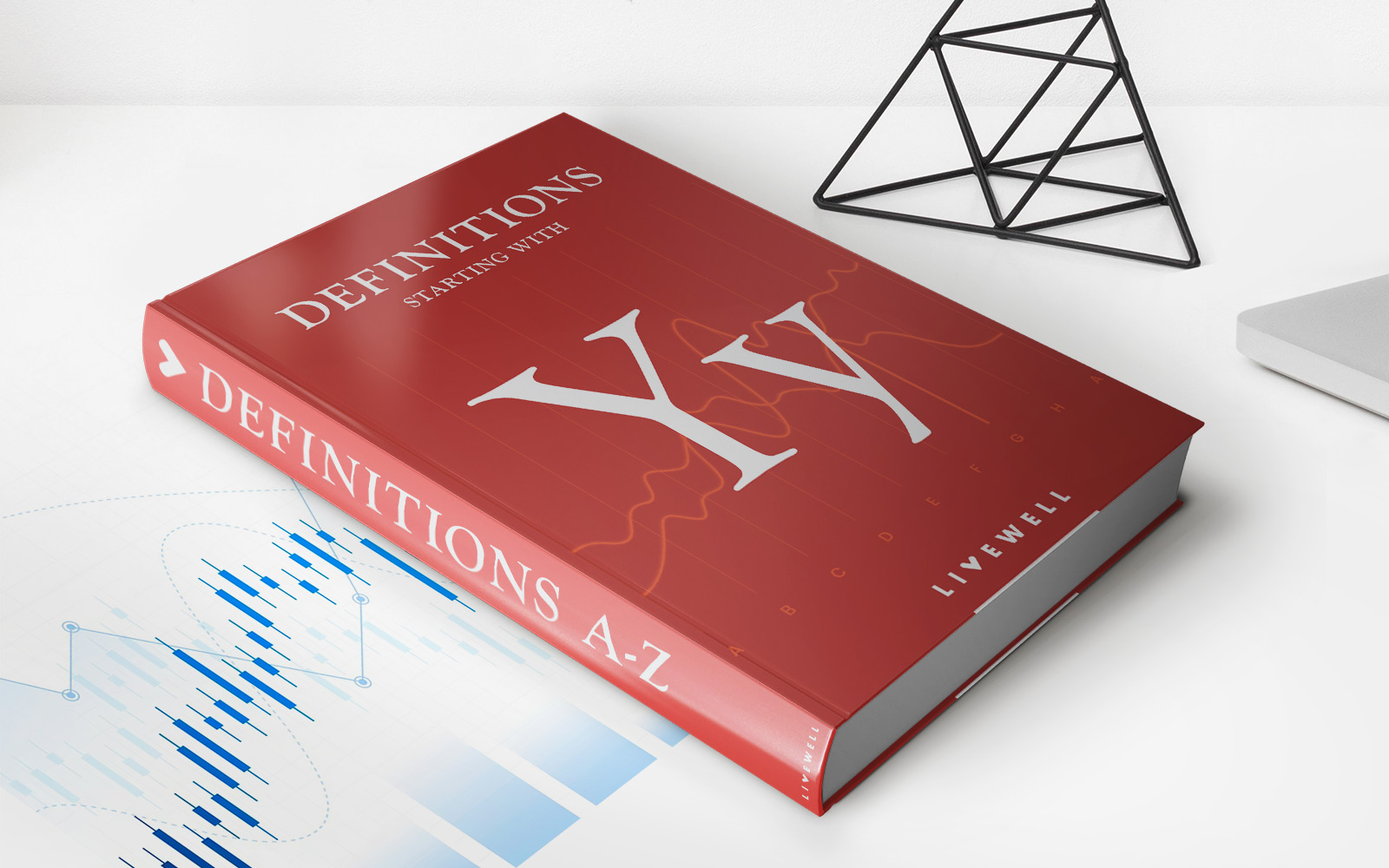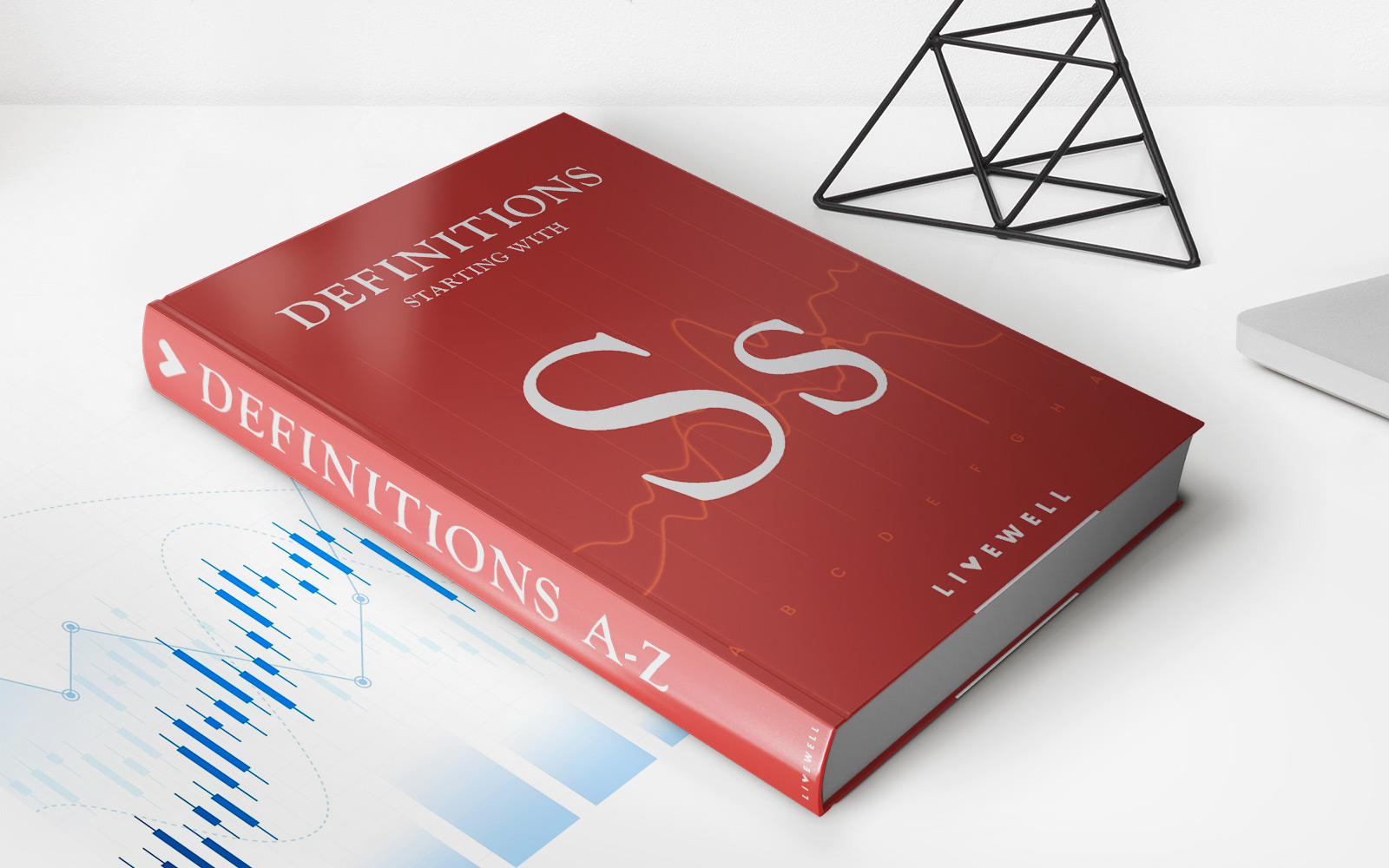

Finance
Strategic Petroleum Reserves Definition
Published: February 3, 2024
Learn about the Strategic Petroleum Reserves Definition and their significance in the world of finance. Discover how these reserves impact global oil prices and supply stability.
(Many of the links in this article redirect to a specific reviewed product. Your purchase of these products through affiliate links helps to generate commission for LiveWell, at no extra cost. Learn more)
Understanding Strategic Petroleum Reserves: A Key Asset for Financial Stability
Welcome to the Finance category of our blog! Today, we want to shed some light on the intriguing concept of Strategic Petroleum Reserves (SPRs), which play a vital role in global financial stability. Have you ever wondered what exactly these reserves are and how they impact the economy? Well, you’re in the right place. In this blog post, we will define what Strategic Petroleum Reserves are and delve into why they are crucial for the financial well-being of nations.
Key Takeaways:
- Strategic Petroleum Reserves are emergency stockpiles of oil maintained by governments to ensure energy security during times of crisis.
- These reserves act as a safety net, mitigating the impact of disruptions in oil supply and stabilizing energy prices.
What are Strategic Petroleum Reserves?
Strategic Petroleum Reserves (SPRs) are national stockpiles of crude oil and petroleum products held by governments to safeguard against supply disruptions and maintain energy security. These reserves act as a strategic asset, providing a buffer in times of geopolitical conflicts, natural disasters, or other unforeseen events that could disrupt the regular flow of oil.
SPRs act as a financial tool for countries, offering protection against sudden changes in oil supply and fluctuations in energy prices. By holding adequate reserves, governments can stabilize domestic oil markets, reduce price volatility, and minimize the impact of external shocks on their economies.
Why are Strategic Petroleum Reserves Crucial for Financial Stability?
The existence of Strategic Petroleum Reserves is vital for financial stability, offering numerous benefits for both nations and consumers. Here are a few reasons why:
1. Energy Security:
Strategic Petroleum Reserves ensure that nations have access to essential energy resources even when faced with supply disruptions. This stability significantly reduces the risk of energy shortages, which not only affects transportation but also impacts various industries, including manufacturing, agriculture, and finance.
2. Price Stabilization:
When unexpected events, such as conflicts or natural disasters, disrupt the oil supply, energy prices tend to escalate rapidly. By releasing oil from their Strategic Petroleum Reserves, governments can offset sudden price increases and prevent economic shocks. This stability benefits businesses and consumers alike, as it helps control inflationary pressures and supports sustainable economic growth.
3. Confidence in the Markets:
Strategic Petroleum Reserves inspire confidence in the stability of oil markets. When countries maintain adequate reserves, it demonstrates their commitment to ensuring energy security and their ability to adapt to unpredictable circumstances. This confidence attracts investments in the energy sector and fosters a healthy and resilient global economy.
In Summary
Strategic Petroleum Reserves are essential assets for governments around the world, protecting against oil supply disruptions and stabilizing energy prices. By ensuring energy security, these reserves play a crucial role in maintaining financial stability and promoting confidence within the global market.
Now that you have a deeper understanding of Strategic Petroleum Reserves, feel free to explore more content in our Finance category for insights into the fascinating world of financial management and economics.
